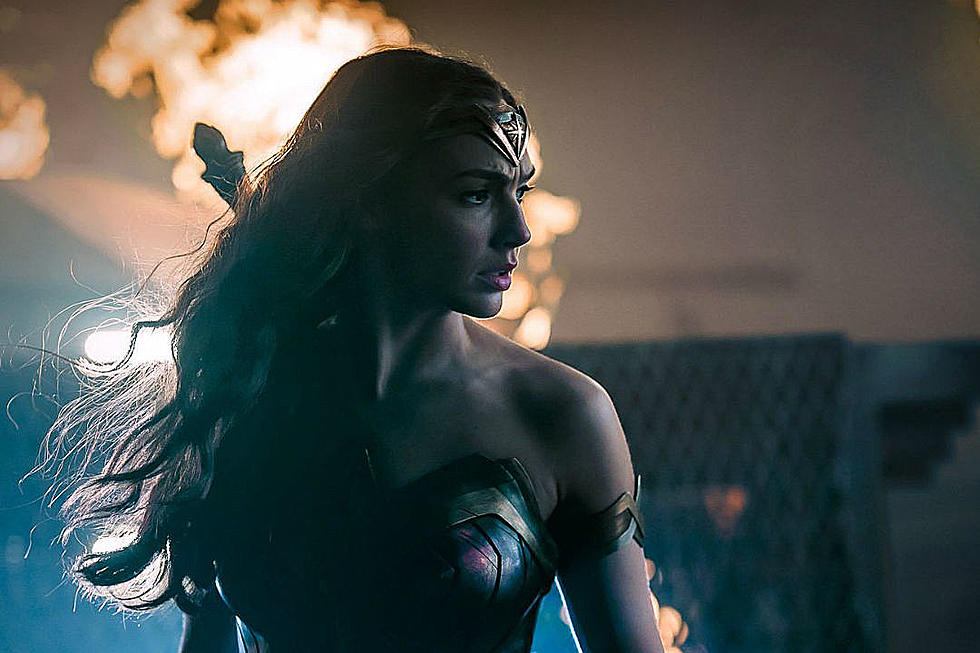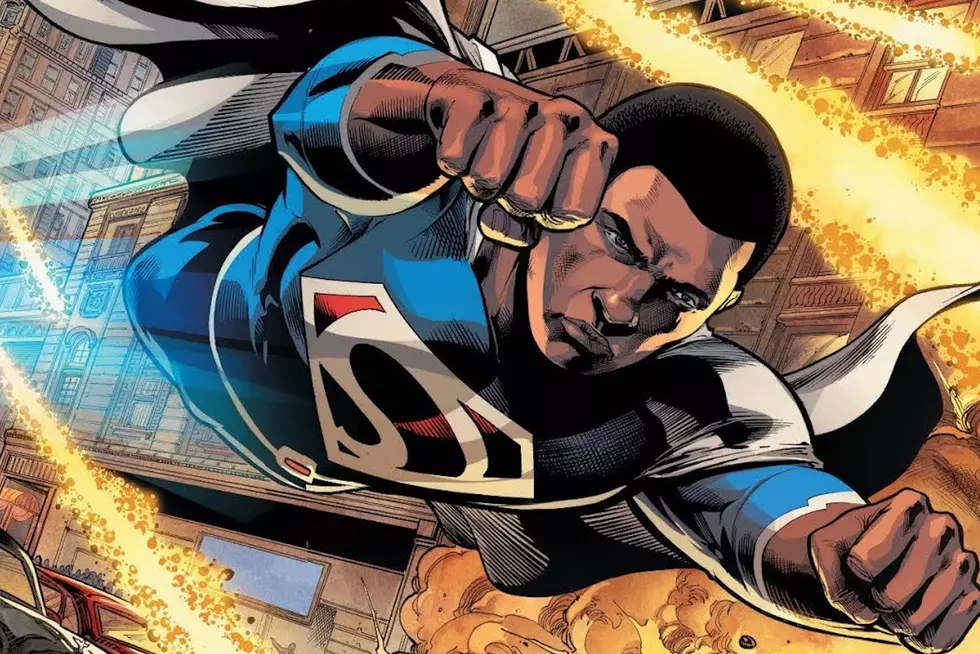
Joss Whedon and George Miller Reveal Visions of Lost Wonder Woman and Justice League Films

It's been an uncommonly frank couple of weeks for comic book filmmakers, especially if you count the hilariously stupid and very public remarks of X-Men: The Last Stand director Brett Ratner about his imagined sexual history with model/actresses Olivia Munn and his use of a homophobic slur that apparently cost him his job as producer of the next Academy Awards. But what's probably more relevant to you are filmmakers' statements more along the lines of Universal Studios President Ron Meyer, who quite surprisingly admitted last week that Cowboys and Aliens was actually pretty lousy and that Scott Pilgrim Vs. The World was actually pretty good.
This week, Joss Whedon has been speaking with the press about the nature of his unproduced screenplay for Wonder Woman, which the would-be writer/director walked away from back in 2007. Also this week, Babe and Mad Max director George Miller went on the record about his Justice League film that never came together. You can read both men's remarks after the cut.The creator of Buffy the Vampire Slayer, Whedon seemed the obvious choice to finally bring DC Comics' amazon princess Diana to the big screen. He was working on the project with Warner Bros. and Silver Pictures (The Matrix, V for Vendetta) before parting ways over creative differences. "We just saw different movies," said Whedon in 2007. WB would later work with David E. Kelley (Ally McBeal, Boston Legal) to produce an unsuccessful pilot for a Wonder Woman television series that would have starred Adrianne Palicki as a version of Diana who besides being a superhero was also secretly the CEO of a company responsible for exploiting her likeness in consumer products.
Unsurprisingly, Whedon -- who's also written Astonishing X-Men for Marvel and is presently at work directing the company's Avengers film -- had a more palatable take on the DC heroine. He revealed his vision to magazine Rookie:
She was a little bit like Angelina Jolie [laughs]. She sort of traveled the world. She was very powerful and very naïve about people, and the fact that she was a goddess was how I eventually found my in to her humanity and vulnerability, because she would look at us and the way we kill each other and the way we let people starve and the way the world is run and she'd just be like, None of this makes sense to me. I can't cope with it, I can't understand, people are insane. And ultimately her romance with Steve was about him getting her to see what it's like not to be a goddess, what it's like when you are weak, when you do have all these forces controlling you and there's nothing you can do about it. That was the sort of central concept of the thing. Him teaching her humanity and her saying, OK, great, but we can still do better.
Around the same time Whedon was working on Wonder Woman, Warner Bros. (working again with Silver Pictures) hired George Miller to direct a motion capture film based on DC Comics' Justice League superhero team. Despite the obvious weirdness of a Justice League film featuring Superman and Batman characters completely divorced from Christopher Nolan's Batman Begins and Bryan Singer's Superman Returns, both of which had been recently released, the Justice League film seemed certain to happen and had even been cast: D.J. Cotrona as Superman, Armie Hammer as Batman, Megan Gale as Wonder Woman, Common as Green Lantern and Adam Brody as The Flash. Before too long it was announced that the film had been put on hold, and Warner Bros. Pictures President Jeff Robinov later detailed the company's intentions to develop film franchises around individual DC characters rather than the Justice League approach.
Speaking with SuperheroHype at this week's press junket for Happy Feet Too, director George Miller shed some light on what kept the Justice League from fully forming:
Common and I were going to work on a Justice League movie together. He was cast as Green Lantern and it was almost greenlit when it fell away. I fell in love with the guy and I called him up and said, "You can't play the Green Lantern, but how about playing a penguin?"
Miller continued:
That was a whole bunch of complex events. It was the middle of a writers strike. There was Australian rebate legislation that was required to get the film going. It was just a whole complex series of events. It was no one particular's fault that it didn't happen.
[Via Spinoff Online and SuperheroHype]
More From ComicsAlliance









